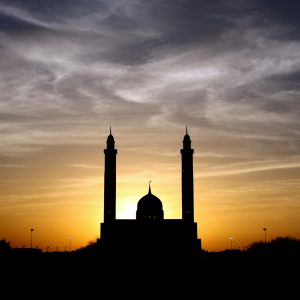Support Needed for Rohingya Refugees in Bangladesh: UN
GENEVA – As the Rohingya refugee response in Bangladesh is approaching its fifth year, the UN refugee agency (UNHCR) has called for international support for the refugees escaping genocide in Myanmar and for their Bangladeshi hosts.
The 2022 Joint Response Plan for the Rohingya Humanitarian Crisis was launched on March 29, and humanitarian agencies said they seek more than $881 million to support around 1.4 million people.
That includes more than 902,000 Rohingya refugees in Cox’s Bazar and Bhasan Char and around 540,000 Bangladeshis in neighboring communities, the UNHCR said.
“The joint plan is under the leadership of the Bangladeshi authorities, and it brings together the activities of 136 partners, of which 74 are Bangladeshi organizations,” UNHCR spokesman Babar Baloch said.
The Bangladesh government, supported by the international community, has generously hosted Rohingya refugees for decades, Baloch said.
“As global displacement continues to rise, UNHCR and partners are emphasizing the need to ensure that the Rohingya situation does not become a forgotten crisis,” he added.
The UNHCR spokesman said that given their geography, the refugee camps in Cox’s Bazar are especially vulnerable to natural disasters.
This year’s plan highlights the need for enhanced efforts toward disaster risk management and climate change mitigation, including reforestation and energy interventions.
“Yet the solutions ultimately lie within Myanmar,” Baloch said.
“Many Rohingya refugees continue to express their desire to return home when conditions allow,” he added.
He said UNHCR and partners maintain a support presence in Myanmar’s Rakhine State to help create conditions conducive to the safe return of the Rohingya community.
Bangladesh is currently home to nearly 1.2 million Rohingya Muslims who fled a brutal military crackdown in Rakhine state in their home country of Myanmar in August 2017.
According to Amnesty International, more than 750,000 Rohingya refugees, mostly women and children, fled Myanmar and crossed into Bangladesh after Myanmar forces launched a crackdown on the minority Muslim community in August 2017.
Since August 25, 2017, nearly 24,000 Rohingya Muslims have been killed by Myanmar’s state forces, while more than 34,000 Rohingya were thrown into fires and over 114,000 others were beaten, according to a report by the Ontario International Development Agency.







